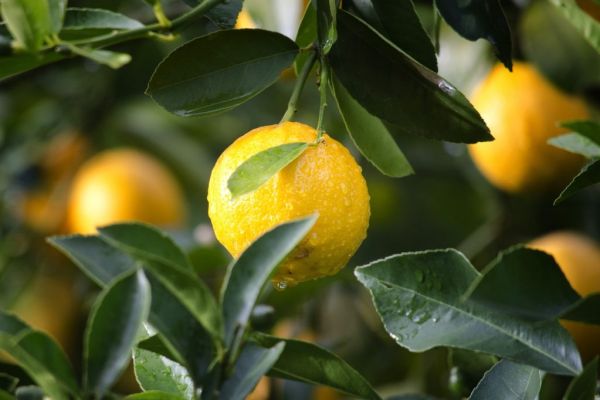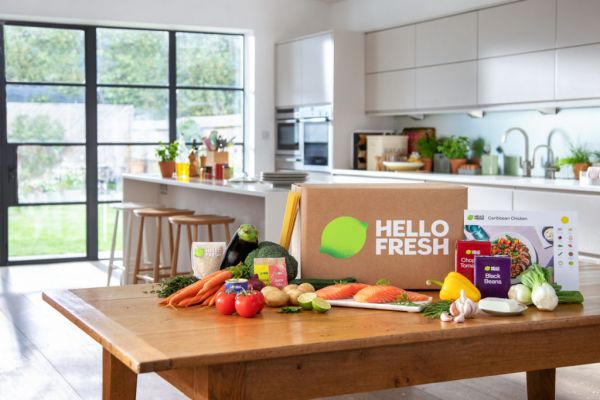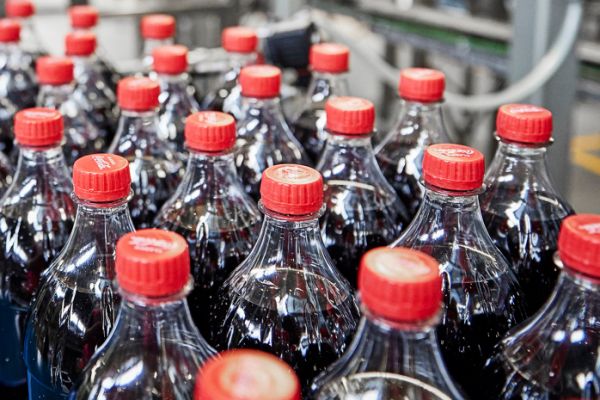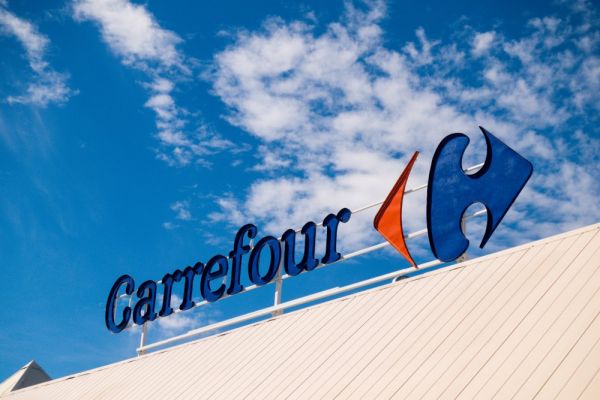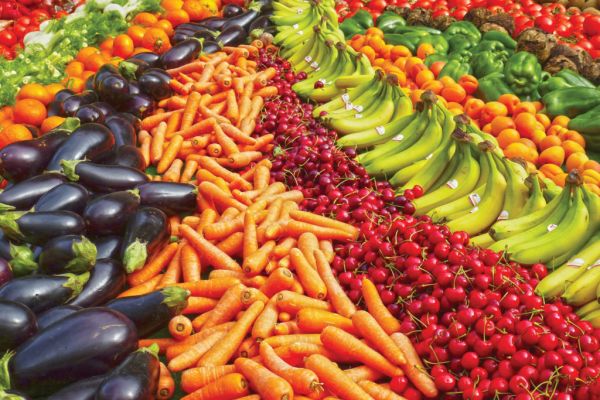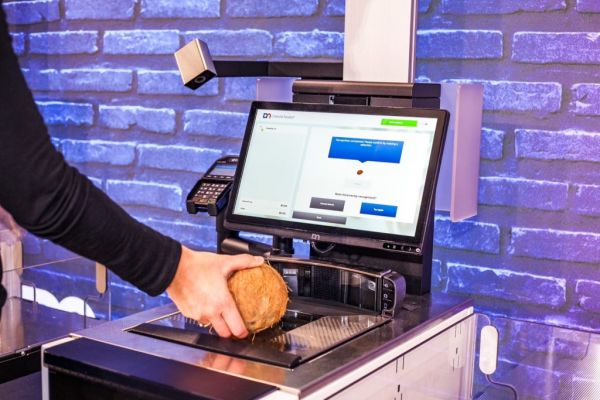Spanish lemon and grapefruit association Ailimpo has become the latest organisation to join Freshfel Europe’s Environmental Footprint initiative, through which it will develop Product Environmental Footprint Category Rules (PEFCR) for the fruit-and-vegetable sector.
Ailimpo is set to participate in Freshfel’s initiative along with a variety of groups, including ANPP, Apeel Sciences, Assomela, Bama Gruppen, Bayer AG, BVEO, COLEACP, Dole plc, Greenyard, Fresh Produce Centre, IG International, Interfel and VBT.
The PEFCR’s goal is to offer a standardised methodology, a database and a digital tool to evaluate and compare the produce’s footprint along the supply chain.
The project will take two years to develop and be open to public consultation on two occasions, the group noted.
The initiative will allow the European Commission’s PEFCR process to be aligned with the EU sector standard PEF methodology.
PEFCR will be supported on a technical level by Wageningen Economic Research and factor in 16 environmental indicators, such as climate change, fossil resource use, toxicity, acidification, water use and land use.
‘The capacity to quantify 16 environmental indicators and control [our] annual footprint provides a solid management tool for the sector, also offering cost reduction opportunities due to higher efficiency,’ Ailimpo noted in a statement.
Green Claims
“PEF methodology is likely to be employed by the European Commission in upcoming EU green claims and food sustainability label legislation,” said Nicola Pisano, Freshfel Europe’s director for sustainability.
“The shadow PEFCR methodology for fruit and vegetables will kick-start the sector’s preparedness for this to maintain the industry’s competitiveness in the coming years, and it will also meet continuing supply chain needs for accurate and comparable product environmental data.”
A Need For Transparency
Ailimpo noted that demand from consumers, the supply chain, and legislation has led to more attention being placed on the environmental impact of each product in the supply chain.
The arrival of new regulations such as the EU’s Corporate Sustainability Reporting Directive (CSRD), as well as the rise of sustainability, has led to increased demand for more transparency on environmental matters.
Efforts from the sector to measure the carbon footprint of products have, to date, not been coordinated, which has led to diverse and confusing certifications, initiatives and labels, the association added.
© 2022 European Supermarket Magazine – your source for the latest fresh-produce news. Article by Amanda Merchán. Click subscribe to sign up to ESM: European Supermarket Magazine.
